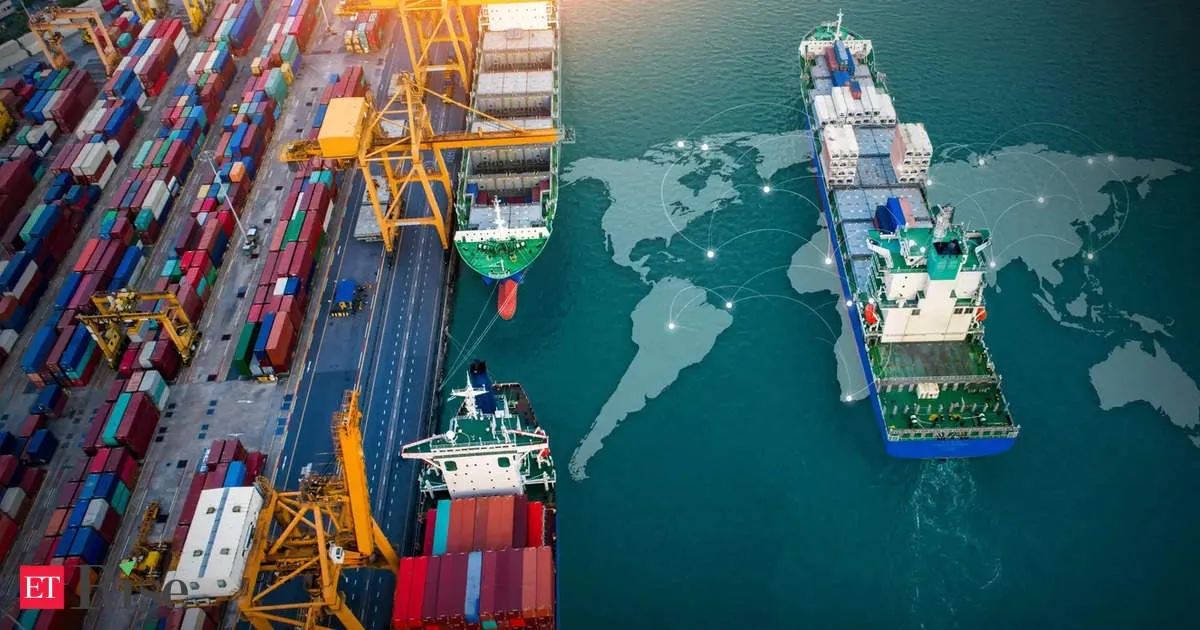Why India's Non-Participation in RCEP is a Strategic Move for Information Technology and Trade

India’s Non-Participation in RCEP: A Wise Decision
India’s choice to avoid the Regional Comprehensive Economic Partnership (RCEP) highlights its strategic prioritization of information technology and trade sovereignty. Critics argue that this decision limits access to essential imports from China and other member states, but in reality, it safeguards domestic industries and reaffirms India’s commitment to bilateral agreements.
Key Factors Favoring India’s Decision
- Strategic Bilateral Agreements: India’s extensive free trade agreements (FTAs) facilitate tailored policies for its manufacturing and service sectors.
- Digital Trade Provisions: Unlike RCEP, India’s FTAs allow for ambitious commitments on digital trade, vital in today’s economy.
- Supply Chain Resilience: India's non-participation became increasingly beneficial post-pandemic, enabling a shift toward a 'China Plus One' strategy.
Conclusion: A Clear Path Forward
With shifting global dynamics, India has prudently positioned itself by not entering RCEP. This decision fosters a flexible environment for trade negotiations, enhancing India’s economic security in an unpredictable global market.
This article was prepared using information from open sources in accordance with the principles of Ethical Policy. The editorial team is not responsible for absolute accuracy, as it relies on data from the sources referenced.